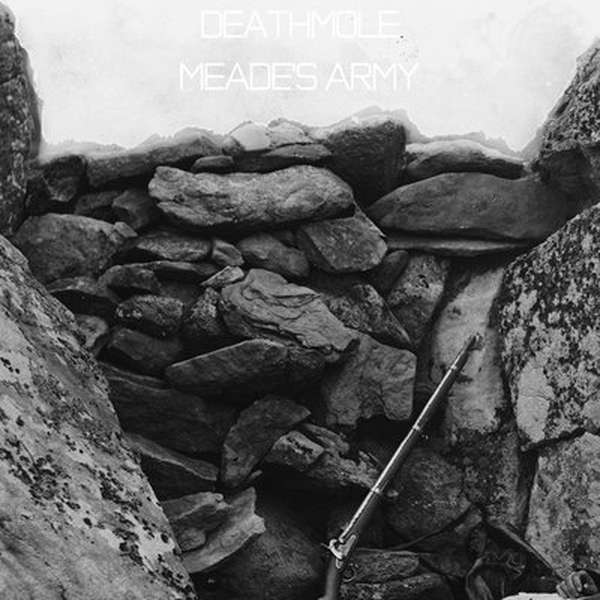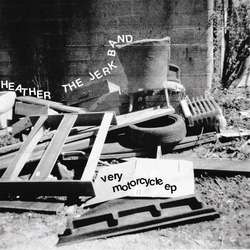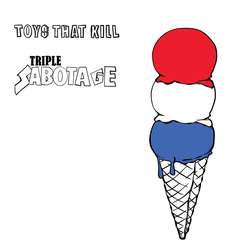Jeph Jacques may be primarily a cartoonist, but he's somehow managed to turn that profession into an outlet for his musical passions as well, crafting a virtual band from his own fictional characters and recording real music for them. The result is his one-man post-metal project, the flippantly named Deathmøle, which has turned out a steady stream of albums since its conception a few years ago. The latest entry, the semi-conceptual Meade's Army, was released earlier this year.
The music itself tends to follow the tried and true post-metal formula which should familiar to fans of bands like Pelican or Rosetta; i.e., take a couple of melodies and churn them into the ground from repetition. That's not meant as an attack, mind you. But it is pretty safe to say that Jacques isn't taking many risks with his compositions.
That being said, what he does turn out is generally very strong, and while he may not be breaking new ground, his music nonetheless hints at a deeper appreciation for the genre than he lets on. His compositions tend to be shorter than the norm, meaning they've none of the bloated excess that sometimes inundates the genre. “Volley Fire” in particular is an exceptionally well-written song, the rapid-fire rhythm guitars reminiscent of a full-on barrage in their ferocity, and “Sunrise July 3” also stands out for its soulfully soaring guitar lines and beautifully moving riffs. I guarantee you that there is no chaff to be heard on this album. In fact, there are surprisingly few moments when the album ever seems boring—I can only recall the middle of “Dan Sickles” being noticeably less interesting than what was going on around it, and even then, the latter half of the song is more than good enough to make up for it.
The few issues Jacques still has are mostly with the technical aspects of the album. The mixing leaves something to be desired, as the guitars have a habit of blending into each other, occasionally forming indecipherable messes of noisy, rhythmless drones. In addition, the entire album sounds not just soft, but distant, as if someone had decided to record it from the next studio over. This is especially true during “Bully Boys Go Off to War”, where the vocals go beyond black metal soft into Horseback-esque barely audible ambiance, and the outro to “Dan Sickles” cannot be heard at all without cranking the volume unreasonably high.
Basically, if you're a fan of post-metal already, you're going to love this album. It's not perfect, but it has enough moments of exemplary good work to make it worth your time. It's short, sweet, and worth the pittance of an asking price.




